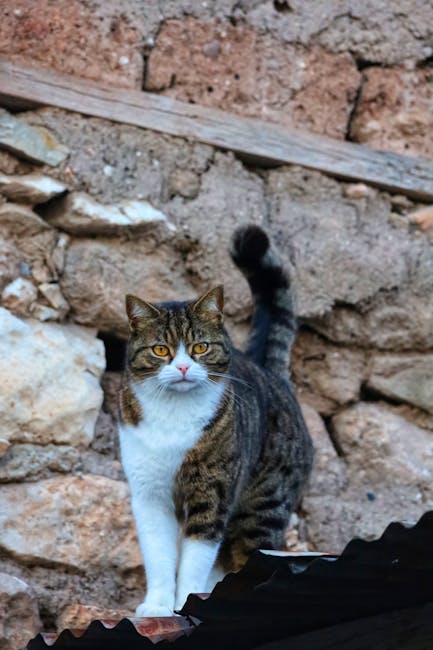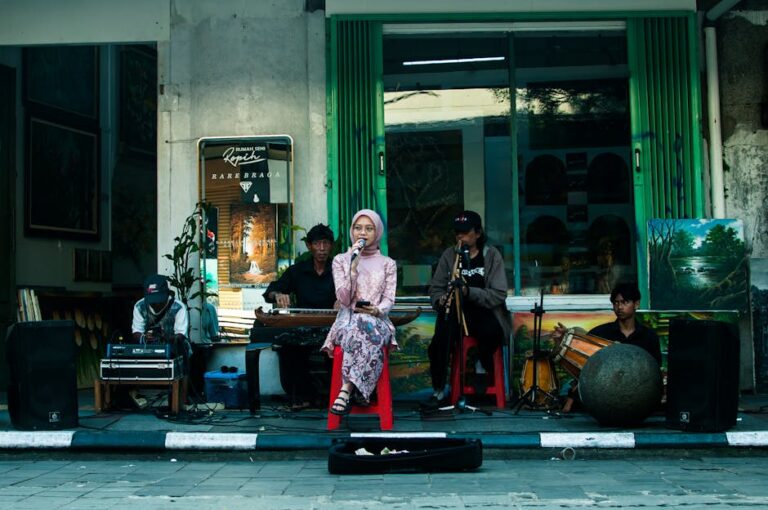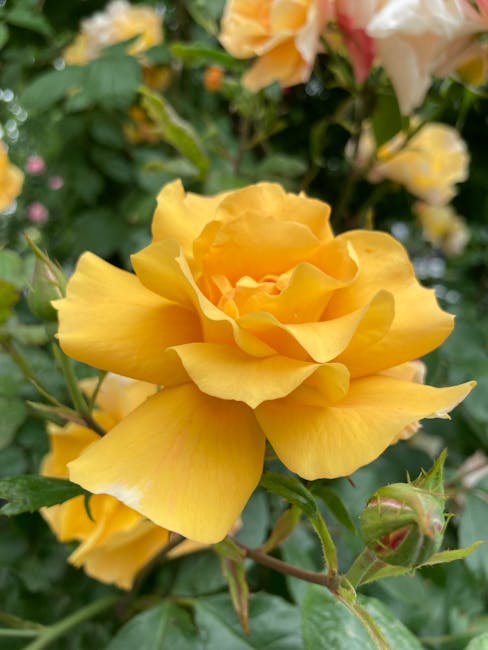Fado Music: A Journey into the Soul of Portugal
Fado Music: A Journey into the Soul of Portugal
Fado, the soulful music of Portugal, is more than just a genre; it’s a cultural phenomenon, a living testament to the country’s rich history and complex emotions. Its melancholic melodies and poignant lyrics weave a tapestry of longing, love, loss, and life’s inevitable struggles. This exploration delves deep into the heart of Fado, examining its origins, evolution, key artists, and enduring legacy.
The Origins of Fado: A History Steeped in Emotion
Pinpointing the exact origins of Fado is a task fraught with challenges. While its precise birthdate remains elusive, its roots are firmly planted in the 18th and 19th centuries within the impoverished Alfama district of Lisbon. This historic neighborhood, with its labyrinthine streets and vibrant cultural atmosphere, served as the breeding ground for this unique musical style. The word “Fado” itself is derived from the Latin word “fatum,” meaning fate or destiny, a concept intrinsically linked to the music’s melancholic themes.
Early Fado was closely associated with the lives of Lisbon’s marginalized communities. It was the music of the working class, reflecting their everyday struggles, hardships, and dreams. Often performed in taverns and informal gatherings, it served as an outlet for expressing profound emotions in a society often characterized by social inequality and political instability.
The early forms of Fado were simpler, relying heavily on the plaintive vocals and the accompaniment of a Portuguese guitar. Over time, however, its instrumentation and lyrical complexity evolved, absorbing influences from other musical genres and reflecting the shifting social and political landscapes of Portugal.
The Instruments of Fado: A Melodic Symphony
The unique sound of Fado is largely attributed to its distinctive instrumentation. While the vocals are the central element, the accompanying instruments play a crucial role in shaping the emotional landscape of the music.
- Portuguese Guitar (guitarra portuguesa): This twelve-stringed guitar, with its distinctive pear-shaped body, is arguably the most iconic instrument of Fado. Its resonant timbre and ability to create melancholic melodies are integral to the music’s characteristic sound.
- Classical Guitar (viola clássica): Often accompanying the Portuguese guitar, the classical guitar provides a harmonic backdrop, enriching the overall texture of the music.
- Bass Guitar (viola baixo): The bass guitar provides the rhythmic foundation, anchoring the melody and creating a sense of stability.
The interplay between these instruments is crucial. The Portuguese guitar’s expressive melodies intertwine with the classical guitar’s harmonies, while the bass guitar provides the steady rhythmic pulse. This carefully orchestrated combination creates a captivating sonic experience that is both emotionally resonant and musically intricate.
The Lyrics of Fado: Stories of Love, Loss, and Longing
The lyrics of Fado are as crucial as the music itself. They are often deeply personal and introspective, exploring themes of love, loss, longing, and the complexities of human existence. The poetry is frequently imbued with a sense of nostalgia and a melancholic reflection on life’s ephemeral nature.
Many Fado lyrics tell stories of tragic love affairs, broken hearts, and the enduring power of memory. Others delve into broader themes of social injustice, poverty, and the struggles of everyday life. The raw honesty and emotional vulnerability expressed in the lyrics are a key component of Fado’s appeal.
Notable Fado Singers: Icons of Portuguese Music
Throughout its history, Fado has been graced by numerous exceptional singers who have helped shape its evolution and solidify its place in Portuguese culture. These artists have not only mastered the technical aspects of singing Fado but have also imbued their performances with profound emotional depth and artistic expression.
- Amália Rodrigues: Arguably the most iconic Fado singer of all time, Amália Rodrigues is revered for her powerful vocals, emotive performances, and significant contribution to popularizing Fado internationally. Her legacy continues to inspire generations of Fado singers.
- Fadinho: Known for his deeply emotional and personal style, Fadinho’s contributions to Fado were essential in shaping its modern sound and broader appeal.
- Mariza: A contemporary Fado star, Mariza has successfully fused traditional Fado with elements of jazz and world music, introducing the genre to a wider international audience.
- António Zambujo: Known for his unique, modern take on Fado, Zambujo is a contemporary singer successfully blending traditional Portuguese sounds with global influences. His work explores the rich tapestry of Portuguese music and culture.
These are just a few examples of the many talented Fado singers who have enriched the genre throughout its history. Each artist has brought their unique style and interpretation to the music, contributing to its diverse and evolving character.
Fado Today: A Living Tradition
Despite its deep-rooted history, Fado remains a vibrant and evolving genre. While it maintains its core elements of melancholic melodies and poignant lyrics, contemporary Fado artists continue to experiment and innovate, incorporating elements from other musical styles and exploring new thematic territories. This continuous evolution ensures that Fado remains relevant and engaging for modern audiences.
Today, Fado is performed in numerous venues across Portugal, from traditional taverns to grand concert halls. It continues to be a cherished part of Portuguese cultural identity, serving as a powerful means of expressing the nation’s history, emotions, and aspirations. Whether experienced in a dimly lit Lisbon tavern or on a world stage, Fado’s ability to evoke deep emotions and connect with listeners on a profound level remains unparalleled.
The Enduring Appeal of Fado: A Timeless Art Form
The enduring appeal of Fado lies in its unique ability to connect with listeners on an emotional level. Its melancholic melodies, poignant lyrics, and expressive vocal styles resonate deeply with audiences, regardless of their cultural background. It’s a music that speaks to the universal human experience of love, loss, and the complexities of life.
Fado is more than just music; it’s a cultural phenomenon, a living testament to the spirit of Portugal. Its rich history, unique instrumentation, emotive lyrics, and talented performers have ensured its survival and evolution throughout the centuries. As long as there are stories to be told and emotions to be expressed, Fado will continue to captivate audiences and inspire future generations of musicians.
Exploring the world of Fado is a journey into the heart of Portugal, a journey into the depths of human emotion, and a journey into a timeless art form that continues to enchant and inspire.






